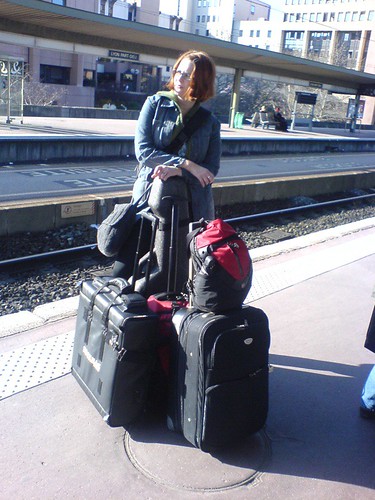I’ve been thinking a lot about how we measure the depth of interaction that we have with our audience. So often we get obsessed with hit-counters, relying on services like StumbleUpon to drive traffic to our sites, or blogging about ‘buzz’ topics in the hope that people find us.
The problem with this “measurement” is that it doesn’t take into consideration scale or depth. There’s a ‘scale of interaction’ people travel on towards us - from no knowledge of what we do to joining our street-team and printing their own fan t-shirts when we’ve sold out of the ones we had printed. Stumbleupon traffic often doesn’t even lift people to the level of ‘name recognition’. I was recently interviewed for a podcast by Penny Jackson of the BBC. The podcast is hosted by The Creative Coffee Club, part of the Institute Of Creative Technologies at De Montfort University, and we talked in depth about the idea of using social media to curate conversations with our audience, rather that seeing the web as yet another scatter-shot broadcast medium. You can listen to the post cast here.
One of the problems musicians often have with social media is the idea that ‘talking to our audience is what we do until we achieve ‘proper’ succes’ - working on the assumption that we’re all heading towards riches and limos. Which is a bit like buying lottery tickets as part of your music strategy - it’s not worth planning for, and generally messes up your life because of the baggage that comes with it.
So I’m definitely looking at ways to continue talking directly with my audience, while increasing both the size of it and the depth of interaction.
How do you measure that depth of interaction? I’d love to hear your thoughts…
 January 13, 2010
January 13, 2010 







